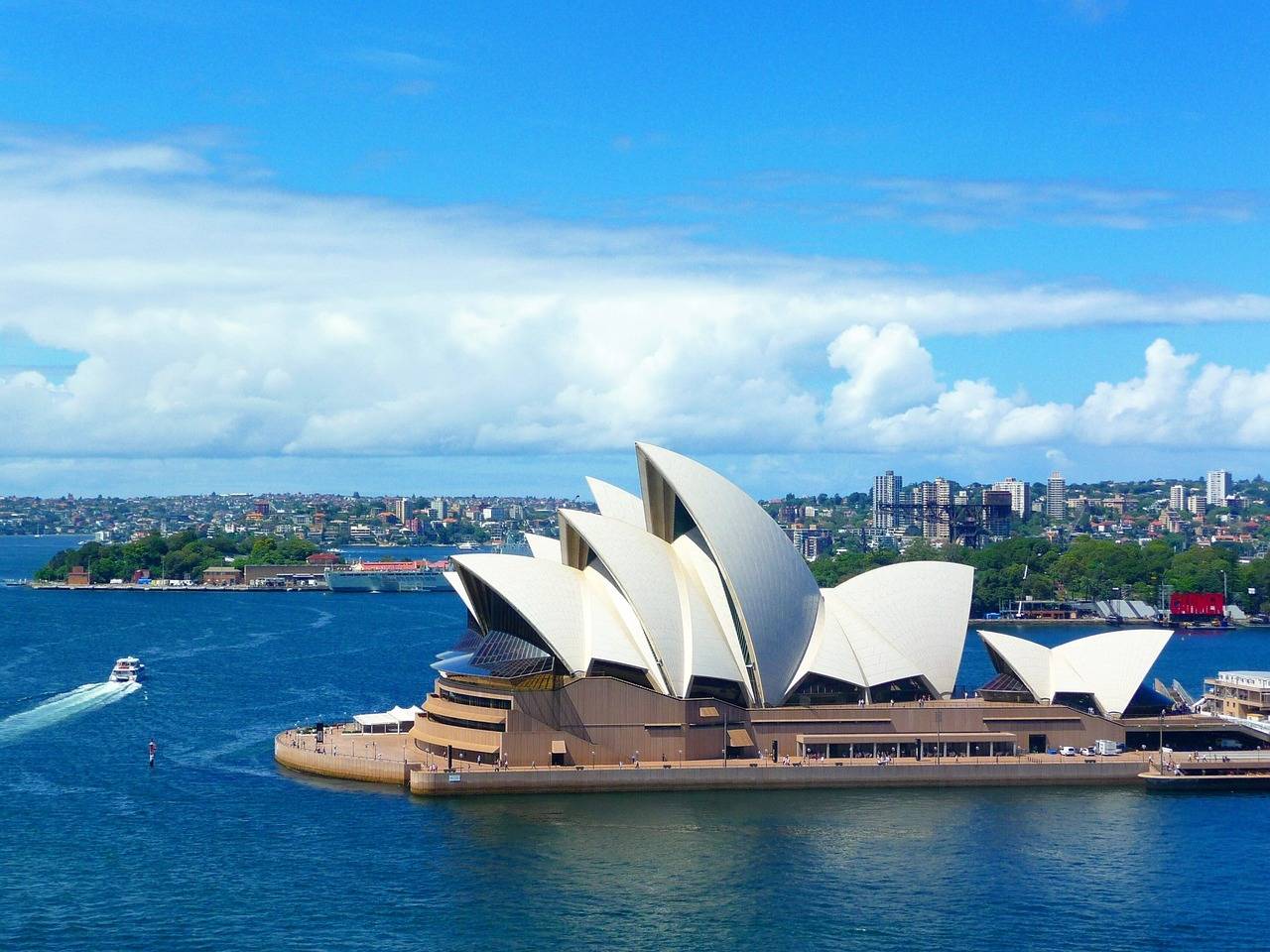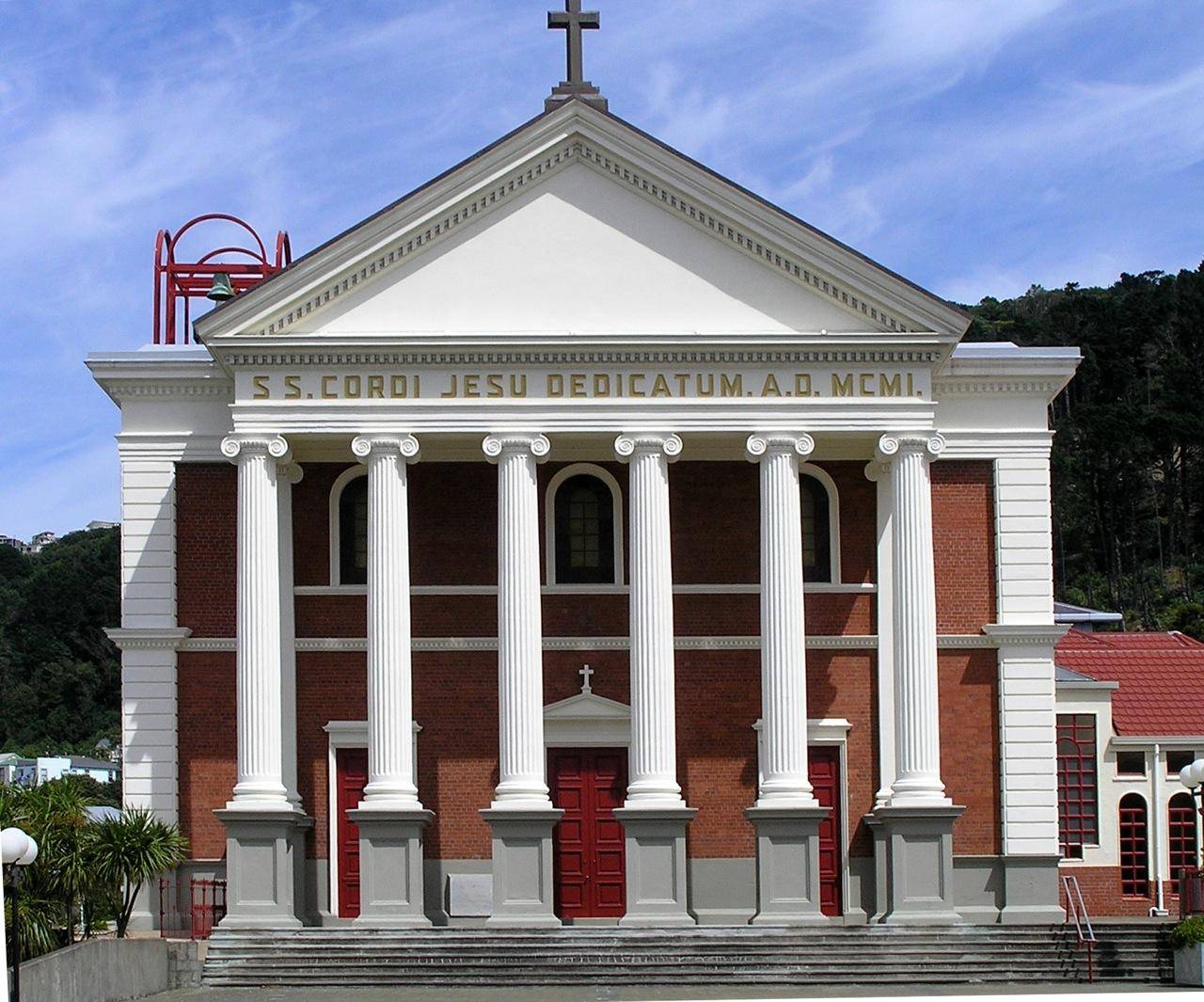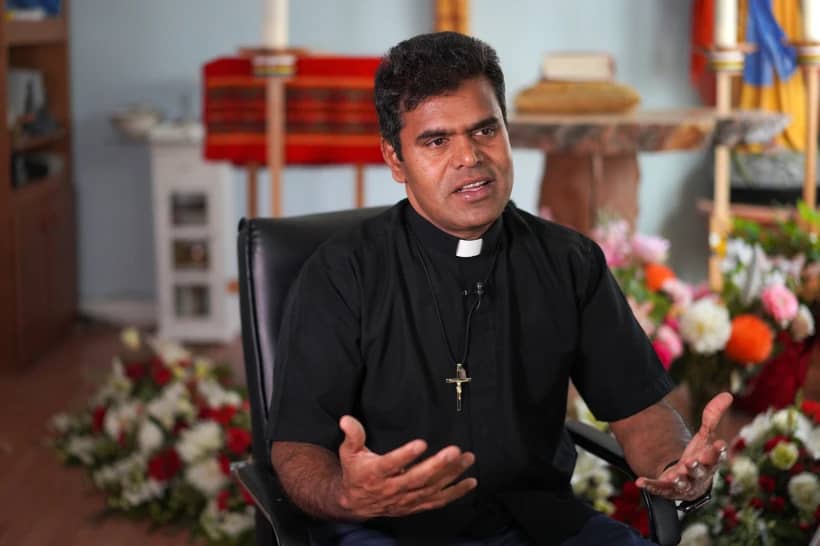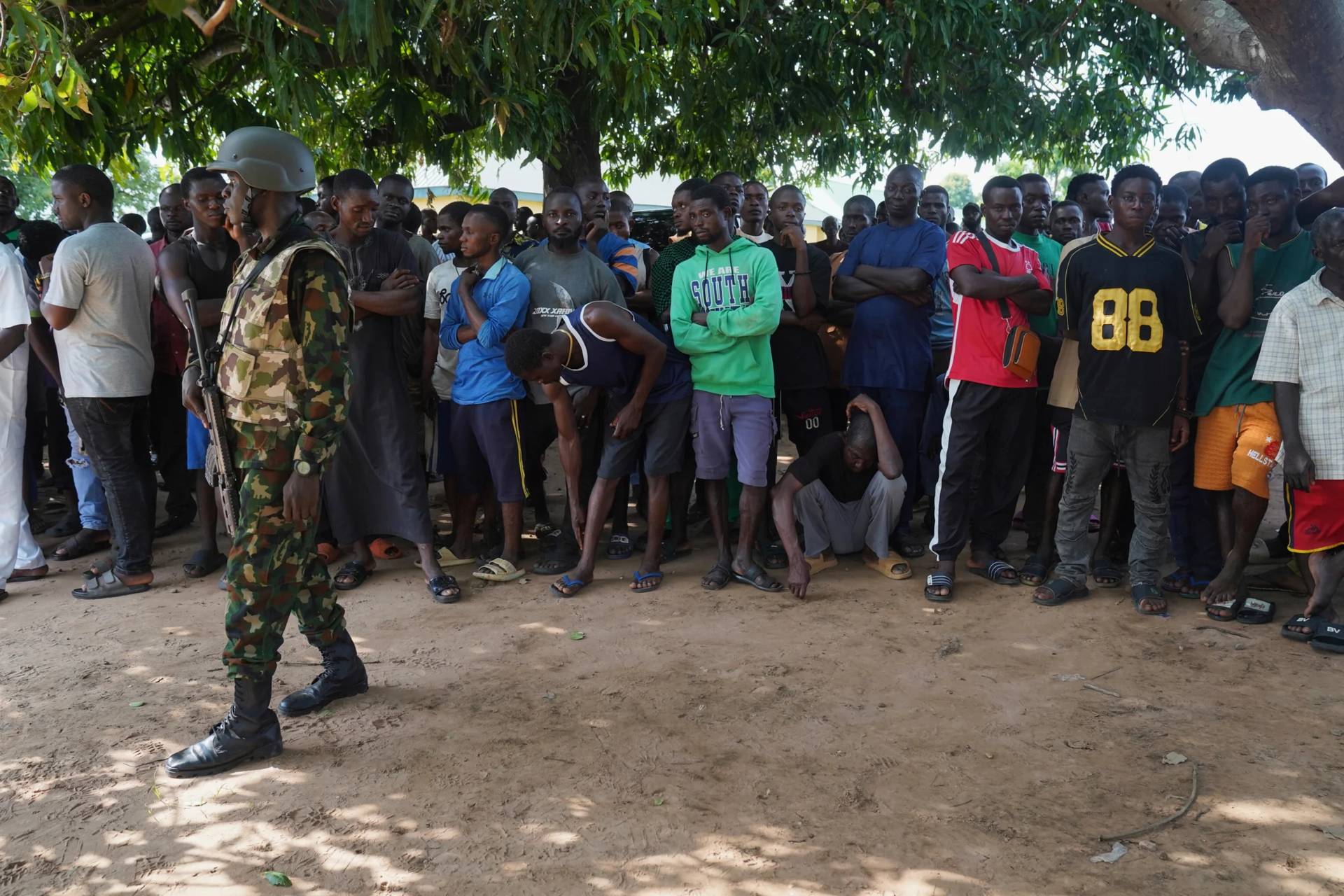One woman infected with the COVID-19 coronavirus attending services in the Archdiocese of Sydney in Australia has led to the closure of several Catholic churches.
Our Lady of Mount Carmel and St Brendan’s were closed after it was revealed through contact tracing that the woman – in her 40’s – was infectious while attending services at the churches. Our Lady of Lebanon was closed two weeks earlier. Three Catholic schools have also been closed recently in the archdiocese due to the coronavirus.
“Once our parish was advised of the situation, a deep clean was carried out on July 24,” said Father Toan Nguyen on the St. Brendan’s parish website.
“We will update you when our church is able to re-open again and thank you for your patience as the health of our parishioners is of utmost concern,” the priest added.
The Australian state of New South Wales health agency urged attendees of the churches services – several were funerals – “to immediately self-isolate, get tested for COVID-19 regardless of any symptoms, and continue to self-isolate for 14 days even if the test is negative. If symptoms develop get tested again.”
New South Wales has seen a slight increase in cases in recent weeks, after seemingly getting its COVID-19 outbreak under control. On Tuesday, the state closed its border with the state of Victoria, which is currently the enter of the coronavirus pandemic in Australia.
On Sunday, Sydney Archbishop Anthony Fisher urged Catholics to obey health protocols aimed at limiting the spread of the virus.
“This week we gather, fewer in the flesh and more through livestreaming, following the spike in cases of COVID-19 and the new restrictions that followed. The recent cases in three Catholic churches and three Catholic schools here in Sydney serve as a reminder to us that we need to remain vigilant, maintaining social distancing and hygiene rules, taking care of one other, and following all the directives of NSW Health,” Fisher said.
“We continue in particular to pray for those who have died, are sick or caring for them, for those who are anxious or at risk, and for those who are suffering economically or leading us through this crisis,” he added.















